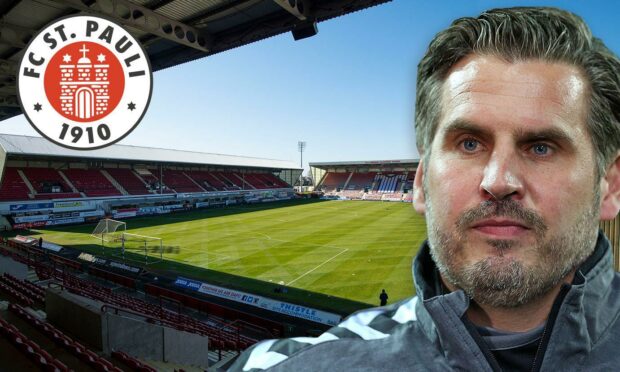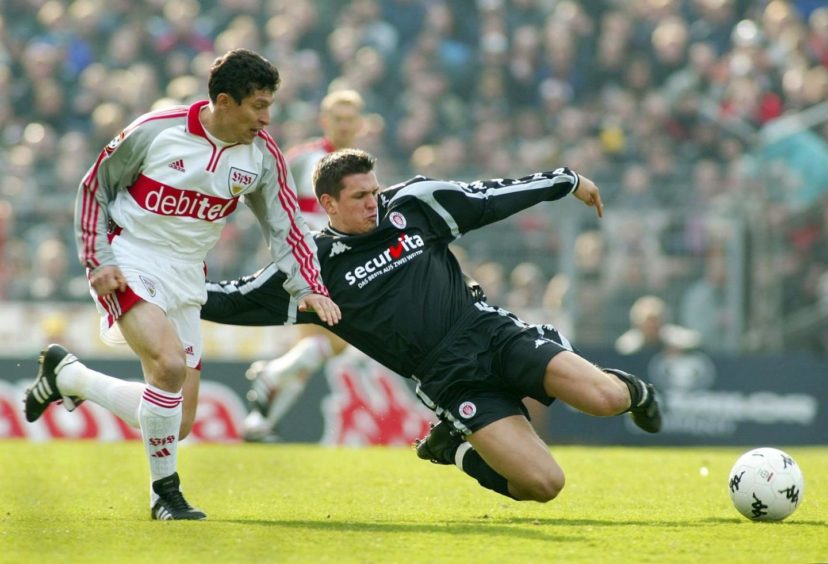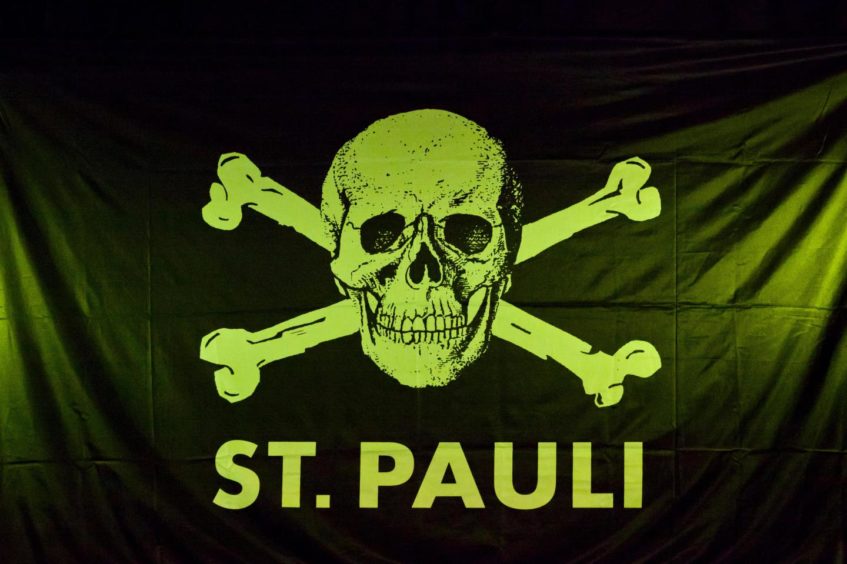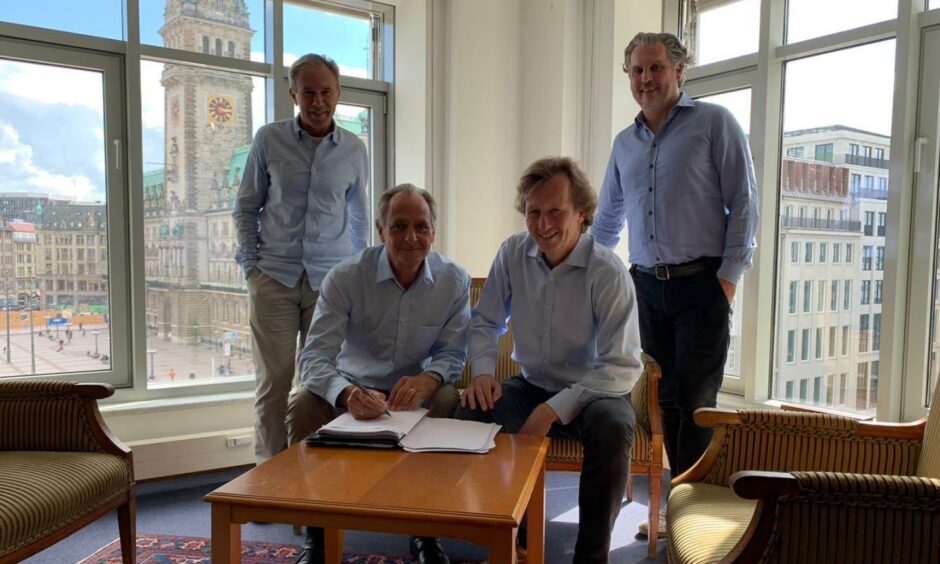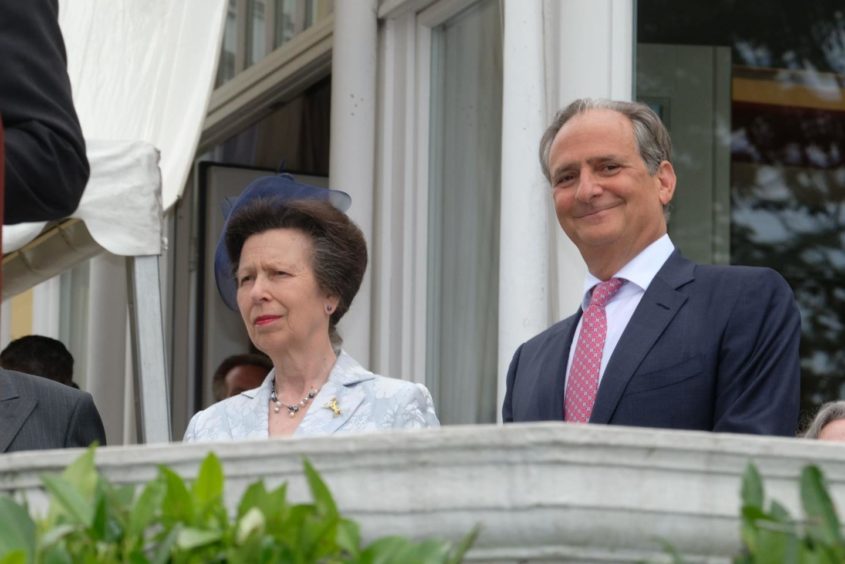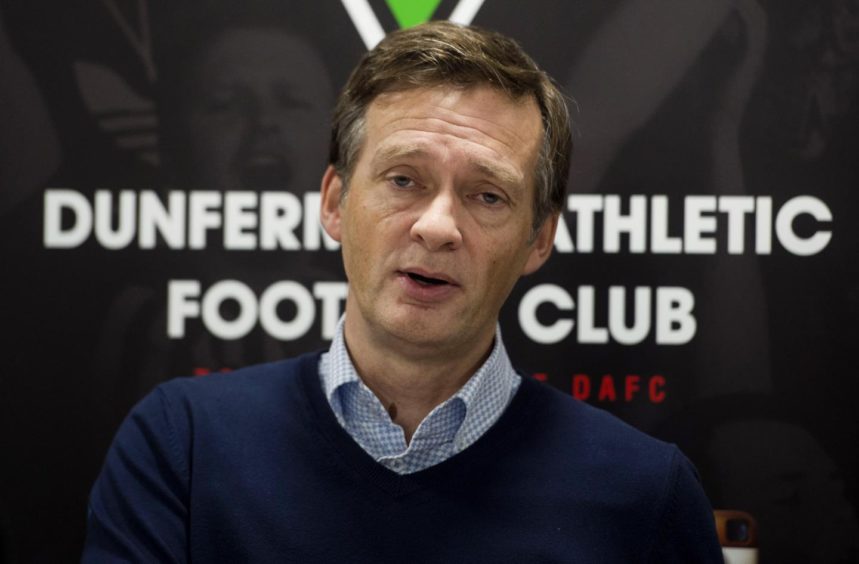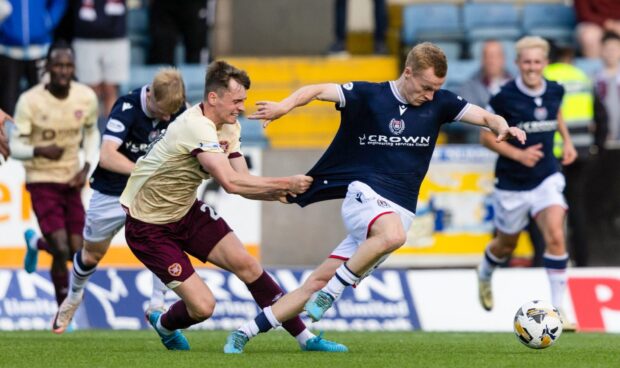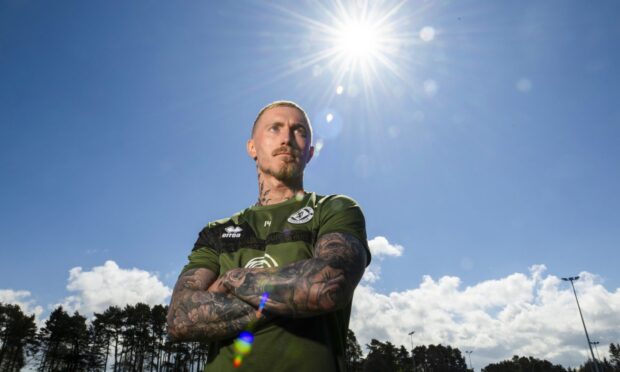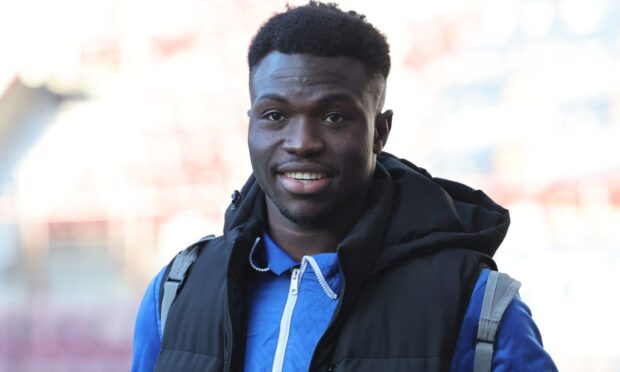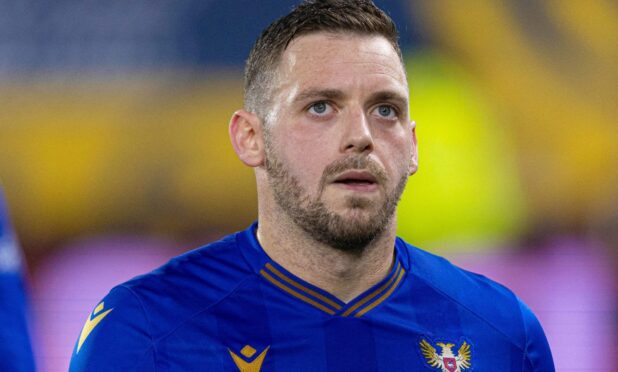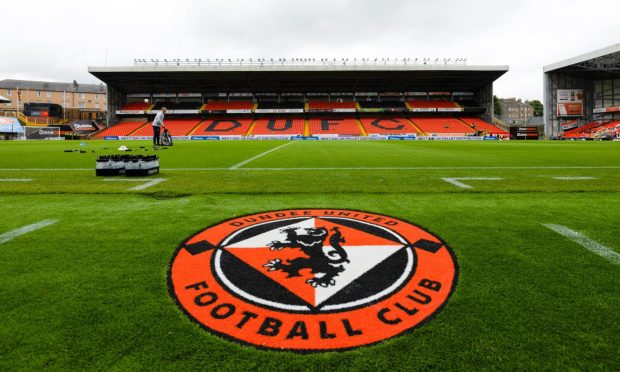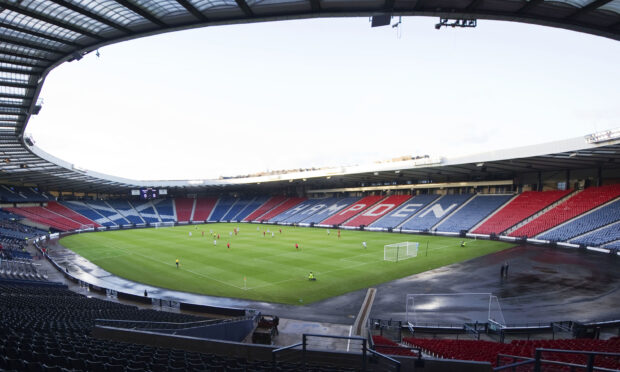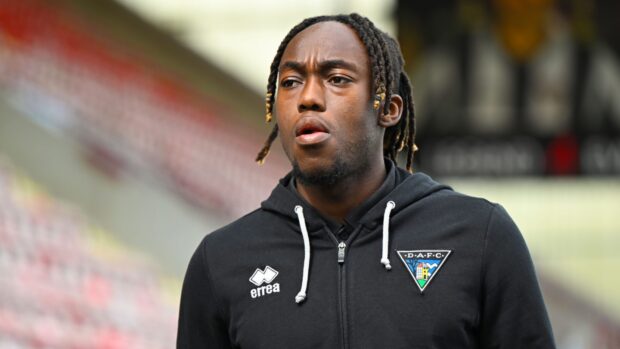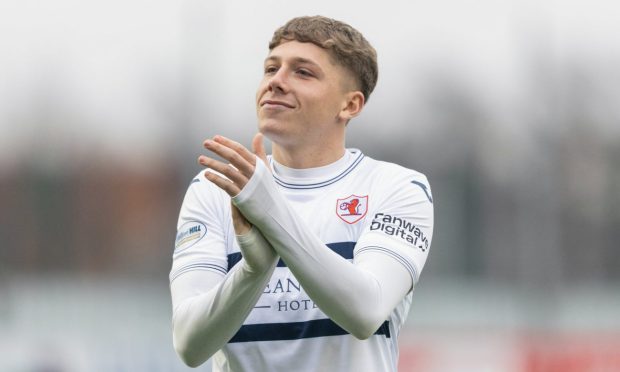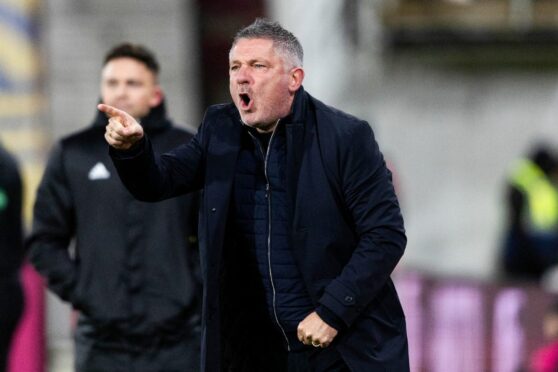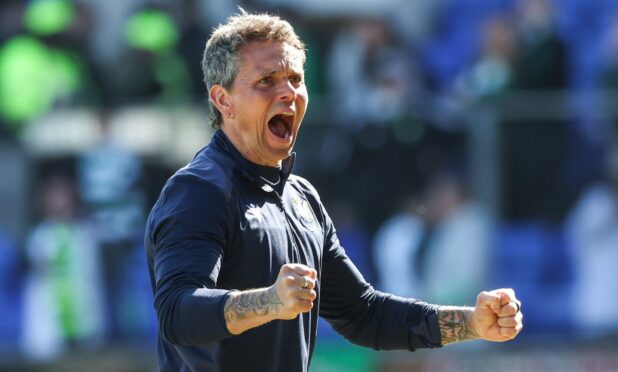From Hamburg to the Halbeath Road, the reputation of St Pauli precedes them.
On the pitch, Kiezkicker are the archetypal yo-yo club, with a couple of second tier titles to their name and an immeasurably more successful big brother on the other side of the city, Hamburger SV.
Off the pitch, however, they are renowned for their iron bond with supporters, fearsome atmosphere at the Millerntor-Stadion and unique club culture.
Thomas Meggle, one quarter of DAFC Fussball GmbH, is something of an expert on that after three spells at St Pauli as a player and stints as coach, assistant, caretaker manager and director of football.
It is little wonder that Meggle intends to draw from his own experience as Dunfermline’s new German owners seek to revitalise the Pars — a challenge they insist goes far beyond the 11 players on the pitch on a Saturday.
“I can’t understand why some people run a football club without using the opinions of fans; without integrating the supporters,” said Meggle. “St Pauli is a big community club and I saw more advantages to working together with fans.
“Dunfermline is already a community club but we want to involve all the people, so together it can lead to more power for the club — and more success if we make the right decisions.
“We see big potential here. The sports targets are to operate on a sustainable basis, with a good structure, team and playing philosophy. Then it’s easy to stay in the Premiership on a sustainable basis.
“But as everyone knows, it’s not possible to plan for promotion. You can only increase the chances of getting promoted.”
Everyone’s favourite second team
It is easy for Meggle to extoll the virtues of St Pauli, given he is steeped in the club.
However, even fellow investor Damir Keretic cited them as an inspiration, contending that it has nothing to do with his colleague’s affinity for his erstwhile employers.
“Probably the closest club to what we want to achieve would be St Pauli,” added Keretic. “It’s just a coincidence that Thomas was there.
“They’ve established a brand all of their own, where they’re not as dependent on how they’re doing on the field. Whether they play in the first, second or third division, the games are always sold out; they always have huge interest.
“Market research in Germany showed that the big clubs in big population centres like Dortmund and Munich were number one for the amount of fans, but they had a list of second clubs and pretty much everyone’s favourite second club is St Pauli!
“In an ideal world, it would be great if we could achieve something like that.”
‘This is a long-term project’
The enthusiasm of Meggle, Keretic and Nick Teller (Dr Albrecht Gundermann is the fourth member of the group but will not join the Dunfermline board and did not address the media) is infectious.
They are evidently not in this for the money. Not to put too fine a point on it; they’ve got plenty.
Meggle has enjoyed success in football and business, Keretic was a Davis Cup Tennis professional with Germany before serving as managing director of IMG Germany and Teller held a senior position with Commerzbank, Germany’s second-largest bank.
Instead, their motive is the challenge; a desire to prove that, amid an industry of folly and waste, it is possible to create a self-sustainable, winning football club which connects with its fans.
“These are structural investments,” adds Teller, the financial expert of the group. “We aren’t coming into splash the cash and double the team cost. This is a long-term project and we are totally on board.”
Those structural investments will include a new training ground. Dunfermline were recently made preferred bidders for the Rosyth Civil Service site but chairman Ross McArthur is adamant that remains one ‘of a few’ options.
It is hoped the Pars could have their own youth academy at some point in 2022, while the player recruitment process will be analysed.
‘Boom, Dunfermline was the town and club’
That is the tip of the iceberg as the group finally implement a plan which has been several years in the making — ever since Meggle delivered an in-depth presentation to the group outlining what sort of club would make the perfect partner.
“We were looking at every league in Europe — first, second, third divisions — and then, boom, Dunfermline was the town and club we knew made sense for us,” added Keretic.
“Once we met the people already here and realised they wanted to do this with us, it felt right.
“Dunfermline ticked the boxes and it was interesting to see just how many of Thomas’ criteria from his presentation — 30 or 40 slides, as I recall — Dunfermline satisfied.”
